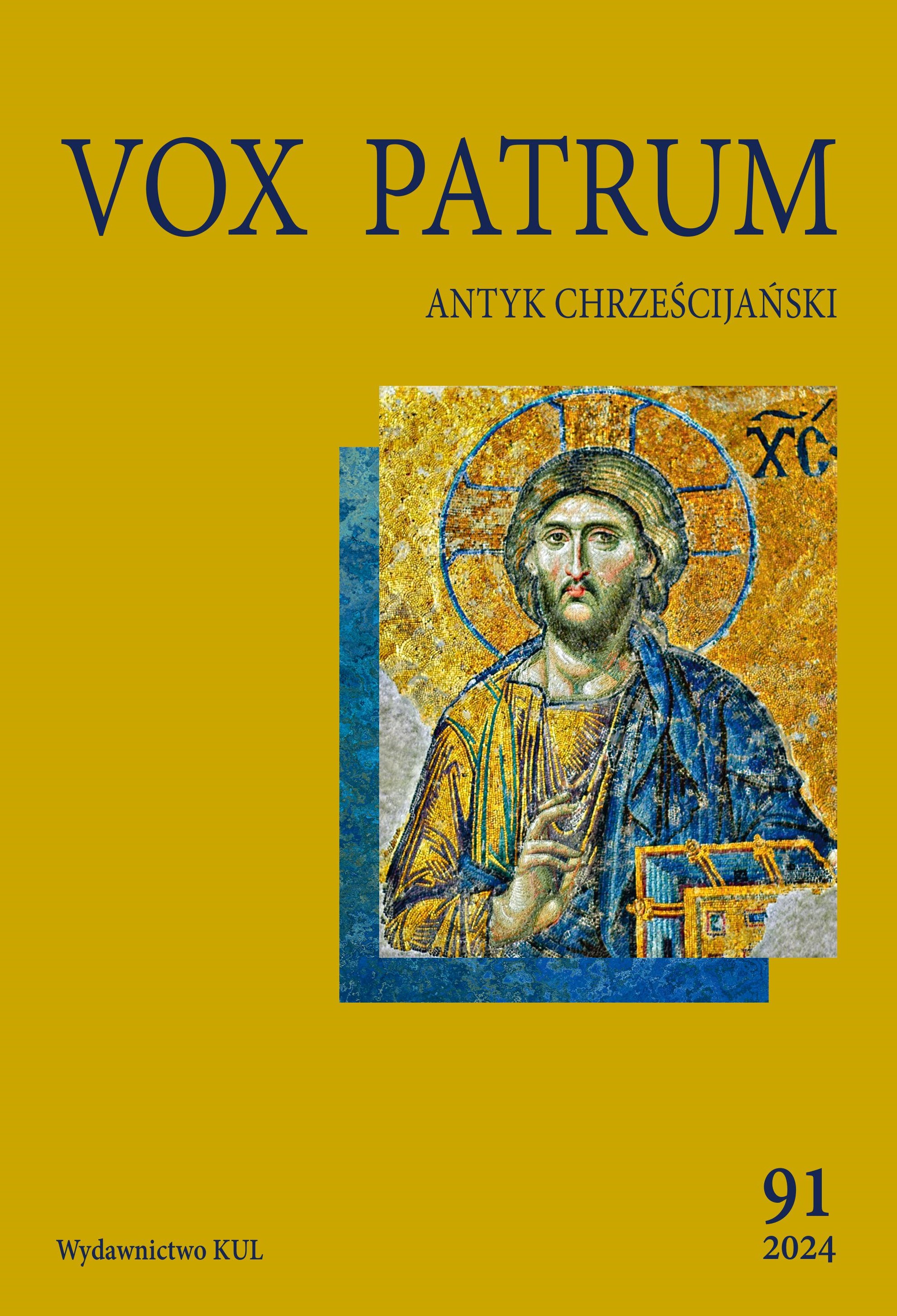„Spotkały się, aby utworzyć jedną osobę i jedną hipostazę”: krytyka polskiego przekładu fragmentu wyznania chalcedońskiego w "Dokumentach Soborów Powszechnych" oraz propozycja alternatywnego tłumaczenia
„They came together to form one person and one hypostasis”: A Critique of the Polish Translation of a Fragment of the Chalcedonian Confession in "Dokumenty Soborów Powszechnych" and a Proposal for an Alternative Version
Author(s): Giacomo CaloreSubject(s): Language and Literature Studies, Studies of Literature, Translation Studies
Published by: Katolicki Uniwersytet Lubelski Jana Pawła II
Keywords: hypostasis; person; nature; Chalcedon; faith; tradition; philosophy; translation
Summary/Abstract: In this article, the author addresses the problem of the translation of a passage from the Chalcedonian Creed as found in the Dokumenty Soborów Powszechnych. The author's thesis is that it does not correspond to the theological thought of the Council Fathers behind this part of the definition. The aim of the article is to justify this thesis and to propose an alternative translation. The method used is complex. Firstly, the author reconstructs the genesis of the passage through a study of the historical and philosophical-theological context of its origin and a literary analysis. Then, based on the results of this research, the author carries out an analysis of the Fathers’ Christology contained in the passages, which allows the initial translation to be called into question. The article is therefore divided as follows: a grammatical analysis of the passage; the wide and the narrow context of the origin of the text of the creed; a literary analysis; a theological analysis and the presentation of the new translation. In addition to the text of the Confession, the main sources studied are Cyril of Alexandria’s Epistula Altera ad Nestorium and Pope Leo’s Tomus ad Flavianum. The conclusions of the research highlight well the difference between the heretics and the Church Fathers in the use of ancient philosophy to express the faith. They furthermore reveal a metaphysical novum of the concepts of person and nature arising from the content of the Creed and the patristic reflection of the time, an issue which is still relevant today and which the translation discussed above unfortunately somewhat overshadows.
Journal: Vox Patrum
- Issue Year: 2024
- Issue No: 91
- Page Range: 83-112
- Page Count: 30
- Language: Polish

